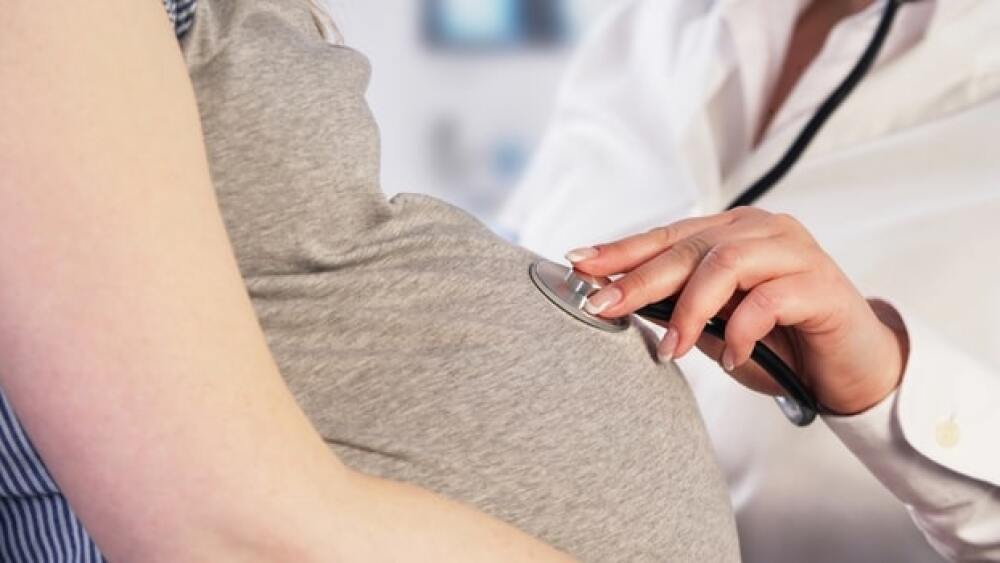Infection with the severe acute respiratory syndrome coronavirus 2 (SARS-CoV-2) during pregnancy does not appear to increase the risk of complications during delivery or negatively impact the health of newborns, according to a new JAMA study.
Infection with the severe acute respiratory syndrome coronavirus 2 (SARS-CoV-2) during pregnancy does not appear to increase the risk of complications during delivery or negatively impact the health of newborns, according to a new JAMA study. This research also found that approximately two out of three women who tested positive for SARS-CoV-2 – the coronavirus responsible for coronavirus disease 2019 (COVID-19) – were asymptomatic.
The study was a retrospective analysis of 2,682 women who gave birth at a single hospital in Sweden between March 25 and July 24, 2020. Women underwent reverse transcriptase–polymerase chain reaction testing of nasopharyngeal swabs to identify the presence of SARS-CoV-2. Women who tested positive for the virus were compared with women who tested negative in terms of various medical outcomes in both mother and neonate.
In total, 156 women (5.8%) tested positive for SARS-CoV-2. Approximately 65% of SARS-CoV-2-positive patients were asymptomatic.
“The proportion of women with symptoms was too small to be able to investigate if these women have a higher risk of complications,” according to a statement made by lead study author Mia Ahlberg, Ph.D., a midwife at Theme Women’s Health at Karolinska University Hospital, and researcher at the Department of Medicine at the Karolinska Institutet in Sweden.
“There are several reports of pregnant women who develop severe COVID-19 with adverse outcomes,” Ahlberg said. “Larger studies should be conducted to be able to identify if women with symptoms and different degrees of symptoms constitute a risk group for adverse outcomes such as preterm birth.”
The investigators also found no significant differences between the positive and negative cases in regard to mode of delivery, rate of hemorrhage, use of epidural, preterm birth, length of hospital stay or breastfeeding. In addition, there were no differences between the two groups in terms of the infants’ birth weight or Apgar scores, suggesting the presence of SARS-CoV-2 in pregnant mothers may not impact the health of newborns.
A lower prevalence of induced labor was reported in women who tested positive for COVID-19 versus those who received back a negative result (18.7% vs. 29.6%, respectively). Conversely, women positive for COVID-19 had a higher prevalence of preeclampsia (7.7% vs. 4.3%).
“One possible reason for the latter is that both preeclampsia and COVID-19 impact several organs and can present similar symptoms,” Ahlberg said.
The findings from the study also identified potential predictors of SARS-CoV-2 prevalence in expectant mothers, at least in Sweden where the study was conducted. According to the results, a higher prevalence of SARS-CoV-2 was found in women with lower education, or less than 10 years of schooling compared with more than 12 years of schooling (14.2% vs. 4.0%, respectively), as well as in women who were born in Africa or the Middle East (10.0 %) versus women born in Nordic nations (3.9%).
This study follows similar research being conducted by the HJF Medical Research International (HJFMRI), a subsidiary of The Henry M. Jackson Foundation for the Advancement of Military Medicine, Inc. (HJF), which was awarded $1.3 million last month by the Bill & Melinda Gates Foundation to study the burden of COVID-19 in pregnant women and newborns in Western Kenya.





